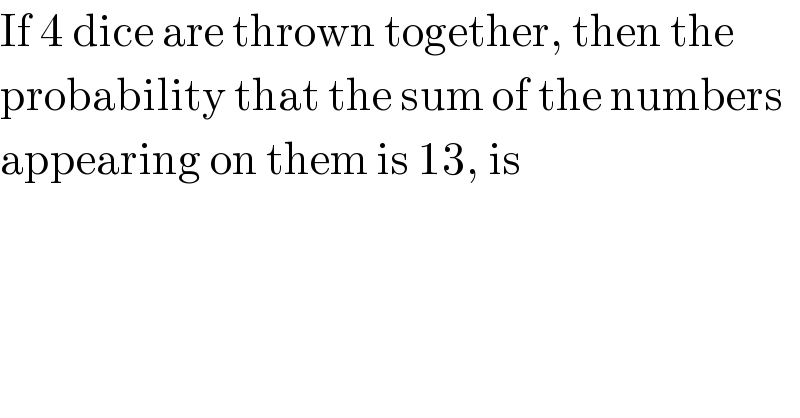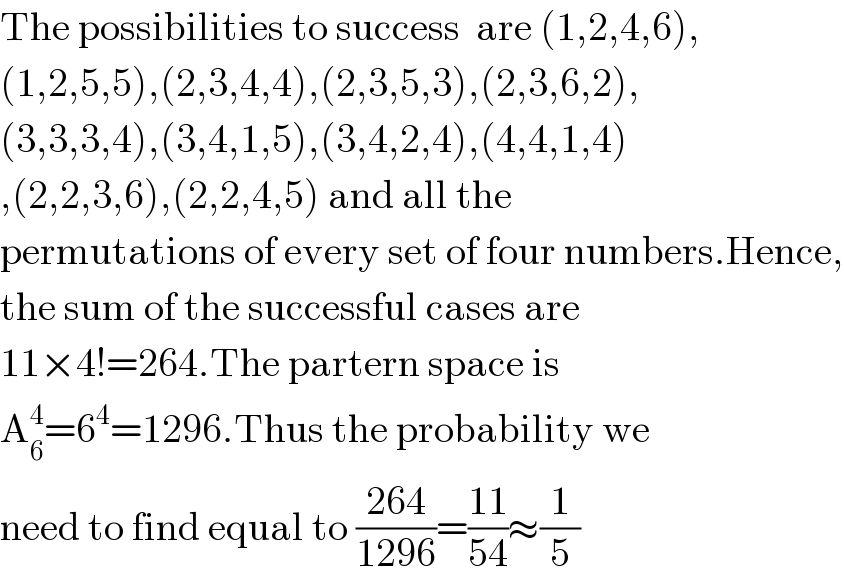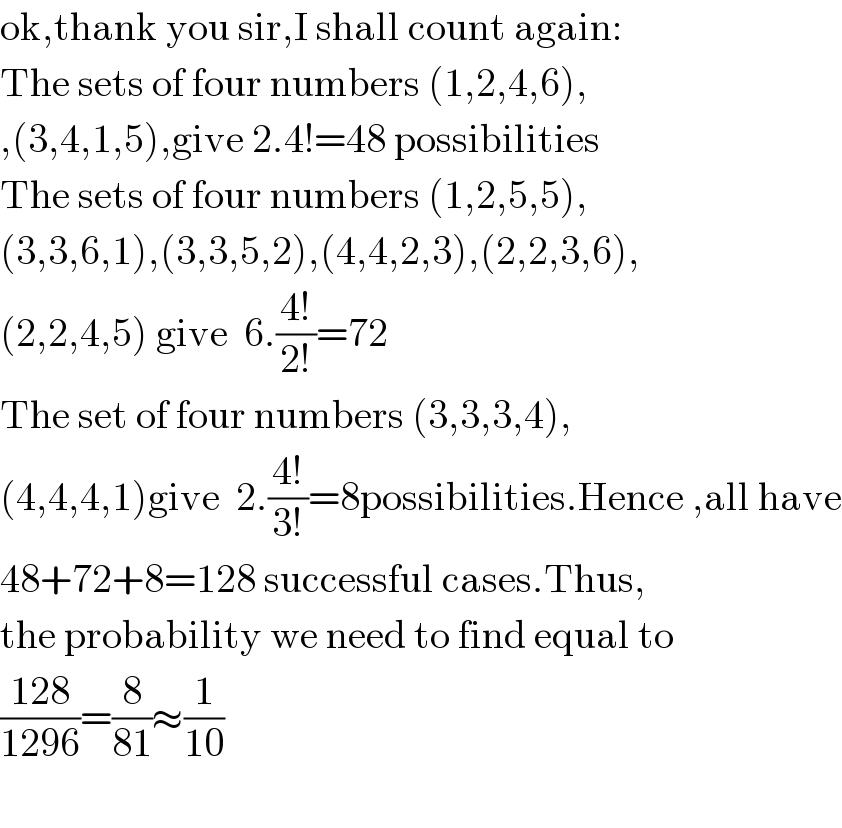
Question and Answers Forum
Question Number 99142 by babar last updated on 18/Jun/20

Answered by 1549442205 last updated on 19/Jun/20

Commented by bemath last updated on 19/Jun/20

Commented by bemath last updated on 19/Jun/20

Commented by bemath last updated on 19/Jun/20

Commented by 1549442205 last updated on 19/Jun/20

Commented by bemath last updated on 19/Jun/20

Commented by bemath last updated on 19/Jun/20

Commented by bemath last updated on 19/Jun/20

Commented by 1549442205 last updated on 19/Jun/20

